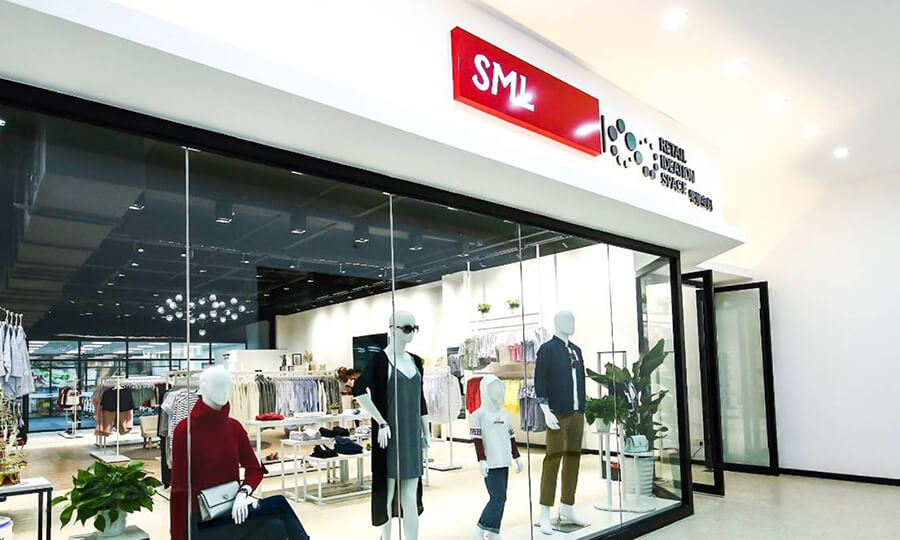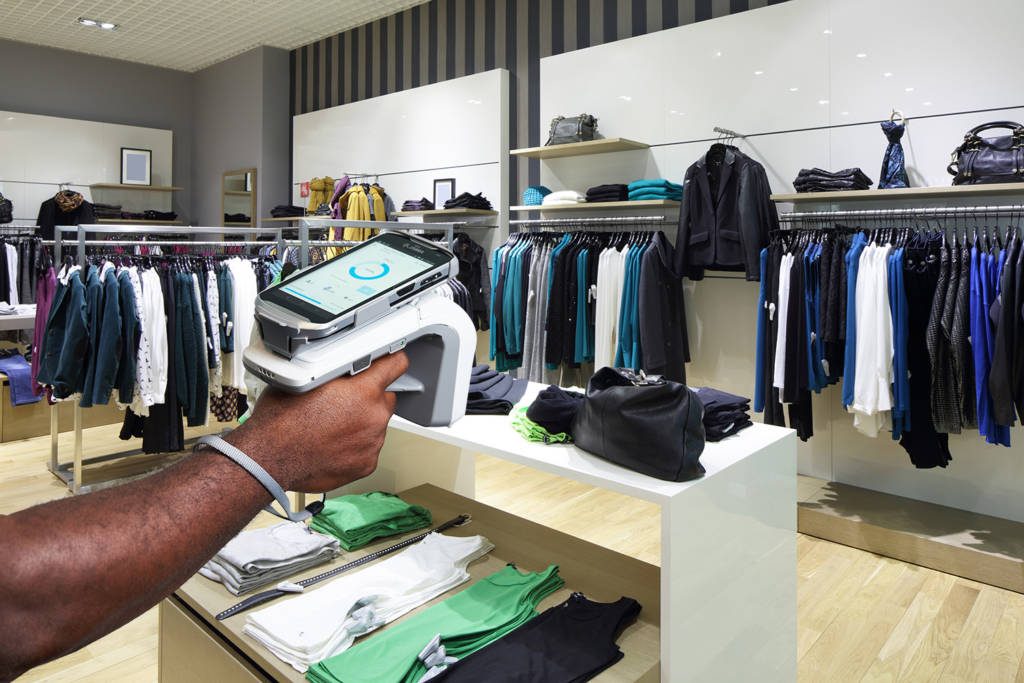Automation: What does retail look like in a post-Budget world?
Industry-wide price rises and job cuts galore across Sainsbury’s, Tesco, and Morrisons have been pinned on Rachel Reeves’ Budget – painting a gloomy picture for the future of retail.
One tool proving crucial for retail is automation as businesses turn to tech to survive, adapt and cut costs.
In a British Retail Consortium (BRC) survey asking how retailers would respond to the rise in employers’ contributions this April, 31% said the increased costs would lead to them implementing more automation.
Even prime minister Keir Starmer is championing automation, recently saying the government is planning to use AI to boost growth and deliver services more efficiently.
As retail navigates a world post-Budget, Retail Week looks at who is looking at automation as an aid, and how this will impact both customers and millions in the workforce.
Retail Bulletin author Megan Robinson also states
“Companies delivering automation to retail:
SML Group
Global RFID provider SML Group is active in over 20 markets. Its RFID-based self-checkout scans all items accurately to streamline transactions.
This goes beyond checkouts and into the fitting room, as Dean Frew, president of the RFID solutions division says customers can gain visibility of products they are trying on and request different items.
“If someone is in a dressing room and the selected item doesn’t fit, the RFID readers can see the product, display it on a screen, and show the customer what sizes are available in-store and make suggestions of companion products, also increasing the sales potential.”
Automation vs the UK workforce
Since the Budget was announced in October, many retailers have been working out what to do for labour costs.
Wallis says automation is a “powerful solution” to mitigate rising labour costs, but return on investment can be challenging to prove.
There’s also less demand for retail jobs post-Brexit with fewer European workers in the UK, not to mention the fact that retailers are increasingly suffering abuse from customers.
A report from the Retail Trust shows 21% of British retail workers are planning to leave the industry, citing financial pressures, rising abuse, and low mental health.
“Automation is being used as an attractive solution to protect its staff and their well-being,” Wallis continues.
“We may see a shift towards more automated environments in stores. We are already seeing AI play a part in customer behaviour and shrink management.”
For Matthews, he believes retail will still be a people-focused industry, but the nature of job roles will evolve.
“This could be on-the-job training guided by tech experts or vendors, sessions focused on specific technologies like self-checkout systems, and online courses in areas such as robotics, AI, or data analytics.
“Employees can also be cross-trained for roles in both customer service and technical maintenance, allowing them to adapt to an automated environment.”
Some staff are already being trained in automation management, with Thomson explaining modern automaton solutions are cutting down the time it takes for an employee to be trained.
He adds automation should be viewed as a “useful tool that takes on tasks with human oversight”.
For staff and tech to work harmoniously, training programmes need to be offered in line with effectively investing in new technologies.
This encourages a “culture of continuous learning”, according to Capgemini’s head of retail Catherine Strowger, ensuring employees stay motivated alongside technological advancements.
“As digital retail grows, brands need to invest in upskilling their workforce, focusing on data analysis, ecommerce platforms, and customer engagement tools to meet the changing demands of consumers,” she says.
With the retail landscape more competitive than ever, Strowger warns that retailers should be futureproofing their business with automation or risk being left behind.
“Automation helps in reducing operational costs, which can be crucial for maintaining profitability, especially during economic downturns.
“As consumers become more accustomed to quick, seamless shopping experiences, retailers who fail to automate may struggle to meet these expectations and lose market share to more tech-savvy competitors.”
Read the full article on The Retail Week.










